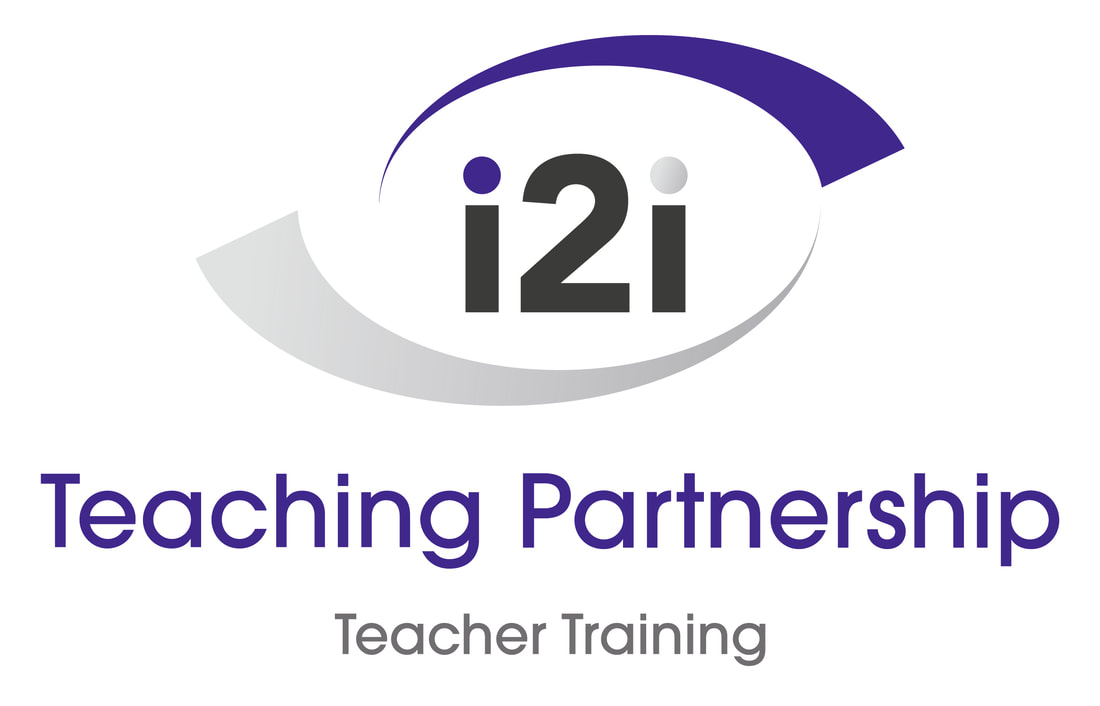Science Department
Subject overview
Scientific curiosity and analysis are crucial skills for students to develop to aid their understanding and navigation of the world in which they live. Our Science department ensures students develop a thorough understanding of Biology, Chemistry and Physics, along with developing key scientific enquiry skills. Practical work is embedded throughout all key stages, with students regularly able to develop hands-on experience to help support their understanding of the knowledge rich curriculum. The Science curriculum is linked to real world applications, enabling students to apply their understanding to current environmental and social challenges. Students learn about the development, power, and limitations of scientific ideas, and will learn to make informed judgements about a range of issues.
Key Stage 4 Curriculum Information
Exam board: Edexcel
Year 9 acts as a foundation year to the GCSE, with students building upon the key scientific concepts learnt in Key Stage 3. Biology, Chemistry and Physics are taught as discrete lessons, and developing practical skills remains a major focus. During Year 9 students can decide if they wish to obtain two or three Science GCSEs, with two GCSE pathways offered.
All students will study Edexcel Combined Science, unless they have selected Triple Science as a GCSE option. Combined Science covers Biology, Chemistry and Physics, with students being awarded two GCSEs at the end of their studies. Practical work supports the knowledge-rich curriculum, and students complete 18 core practicals that can be assessed as part of the GCSE. Each Scientific discipline will be taught by a subject specialist.
Triple Science is an option for any student wishing to cover all three Science disciplines in more detail, with students obtaining three GCSEs in Biology, Chemistry and Physics at the end of their studies. Practical work supports the knowledge-rich curriculum, and students complete 24 core practicals that can be assessed as part of the GCSE. Each Scientific discipline will be taught by a subject specialist.
Students are encouraged to think beyond their education at 16 and are actively encouraged to study Science subjects post 16. Science qualifications are facilitating subjects for entrance to university, even for those considering the arts as they demonstrate a range of transferable skills, including analytical and evaluative skills, applicable to many different jobs.
Careers in Science
Medicine, Dentistry, Veterinary Science, Geologist, Nursing, Engineering, Pharmaceutical Industry, Confectionary / Beverage Development, Satellite Development, Space Exploration, Colour technologist, Clinical Research, Psychology, Textile technologist, Oceanographer, Water quality scientist, Metallurgist, Immunology, Forensic Science, Nanotechnologist, Scientific Journalist, Toxicologist, Material Scientist.
Extra curricular opportunities
We run a Science club enabling students to develop further practical skills and complete scientific projects.
Scientific curiosity and analysis are crucial skills for students to develop to aid their understanding and navigation of the world in which they live. Our Science department ensures students develop a thorough understanding of Biology, Chemistry and Physics, along with developing key scientific enquiry skills. Practical work is embedded throughout all key stages, with students regularly able to develop hands-on experience to help support their understanding of the knowledge rich curriculum. The Science curriculum is linked to real world applications, enabling students to apply their understanding to current environmental and social challenges. Students learn about the development, power, and limitations of scientific ideas, and will learn to make informed judgements about a range of issues.
Key Stage 4 Curriculum Information
Exam board: Edexcel
Year 9 acts as a foundation year to the GCSE, with students building upon the key scientific concepts learnt in Key Stage 3. Biology, Chemistry and Physics are taught as discrete lessons, and developing practical skills remains a major focus. During Year 9 students can decide if they wish to obtain two or three Science GCSEs, with two GCSE pathways offered.
All students will study Edexcel Combined Science, unless they have selected Triple Science as a GCSE option. Combined Science covers Biology, Chemistry and Physics, with students being awarded two GCSEs at the end of their studies. Practical work supports the knowledge-rich curriculum, and students complete 18 core practicals that can be assessed as part of the GCSE. Each Scientific discipline will be taught by a subject specialist.
Triple Science is an option for any student wishing to cover all three Science disciplines in more detail, with students obtaining three GCSEs in Biology, Chemistry and Physics at the end of their studies. Practical work supports the knowledge-rich curriculum, and students complete 24 core practicals that can be assessed as part of the GCSE. Each Scientific discipline will be taught by a subject specialist.
Students are encouraged to think beyond their education at 16 and are actively encouraged to study Science subjects post 16. Science qualifications are facilitating subjects for entrance to university, even for those considering the arts as they demonstrate a range of transferable skills, including analytical and evaluative skills, applicable to many different jobs.
Careers in Science
Medicine, Dentistry, Veterinary Science, Geologist, Nursing, Engineering, Pharmaceutical Industry, Confectionary / Beverage Development, Satellite Development, Space Exploration, Colour technologist, Clinical Research, Psychology, Textile technologist, Oceanographer, Water quality scientist, Metallurgist, Immunology, Forensic Science, Nanotechnologist, Scientific Journalist, Toxicologist, Material Scientist.
Extra curricular opportunities
We run a Science club enabling students to develop further practical skills and complete scientific projects.












